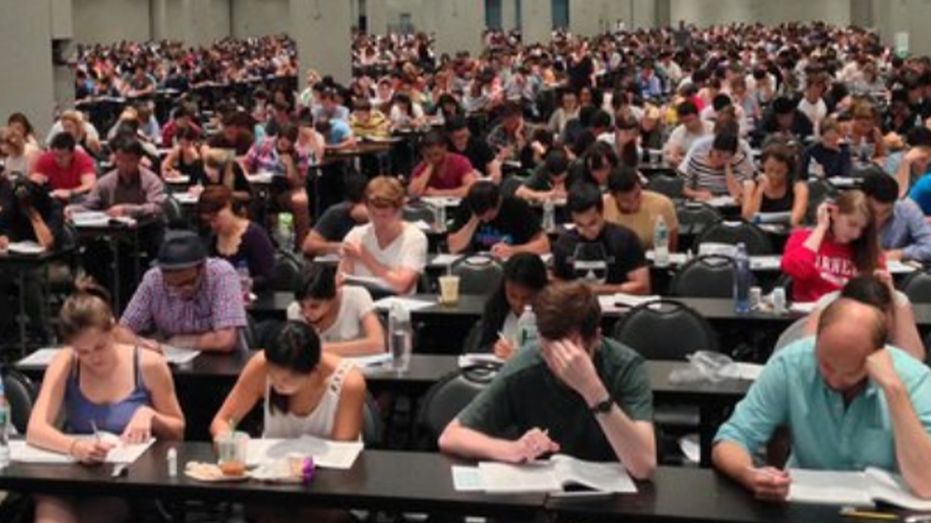Over 200 California Bar Exam Takers Improve Pass Rates Thanks to New Scoring Adjustment
Over 200 February California bar exam takers will have their scores upgraded from fail to pass following recent scoring adjustments.

More than 200 California bar exam takers from the February administration will now see their results changed from "fail" to "pass" following new scoring adjustments approved by a key Bar committee. The move comes as the State Bar of California continues grappling with the repercussions of a February exam session marred by technical malfunctions and logistical failures, which sparked a series of lawsuits and widespread complaints from test takers.
The newly adopted grading change affects 230 test takers, signaling a major shift in how the Bar is addressing the fallout from what has been widely criticized as a disastrous exam cycle. The decision follows not only legal actions brought by aggrieved candidates, but also a lawsuit initiated by the Bar itself against the testing company responsible for administering the exam. As a result of these latest changes, the overall pass rate for the exam has jumped dramatically from 56% to 63%, nearly double the state’s usual average of about 35%.
Under the approved policy, applicants who narrowly missed passing and received a second evaluation on their written responses will now be awarded the higher score—not the average—of the two readings for each essay. Previously, the Bar had calculated the average of both scores, potentially disadvantaging many test takers. All affected candidates are expected to receive notification this week if their recalculated results have moved them into passing territory.
This adjustment stands out among other recent remedies because it does not require approval from the state Supreme Court, according to Bar officials. For those set to retake the exam in July, any applicants whose February results changed to "pass" will automatically have their July applications withdrawn.
These latest measures represent only a part of a broader series of fixes the Bar is enacting in response to the unprecedented disruption caused by the February test. Already, with high court approval, the Bar has implemented a lower passing score and assigned so-called “imputed” scores for examinees unable to complete significant sections of the two-day test due to technical problems.
Further changes may still be in store. The Committee of Bar Examiners is preparing to request that the state Supreme Court approve a statistical method to boost some scores on the performance portion of the exam. Additionally, the justices are being asked to consider a proposal that would grant all February candidates—including those who withdrew before the test—a provisional license to practice law under the supervision of a licensed attorney.
The February exam marked the debut of California’s hybrid remote and in-person format, which departed from national bar exam standards that had been used for decades. Though intended to save the state up to $3.8 million annually, efforts to resolve the exam's issues ahead of the July administration are now projected to cost close to $6 million.
Despite these sweeping remedies, some state Bar trustees have voiced reservations, expressing concern that the higher pass rates and modified grading process could compromise the Bar’s core mission to protect the public from unqualified attorneys. In response, Bar leadership asserted their commitment to finding fair solutions without undermining the exam’s integrity or their duty to public protection, stating emphatically that "the Bar would never take any steps to detract from its public protection mission."




